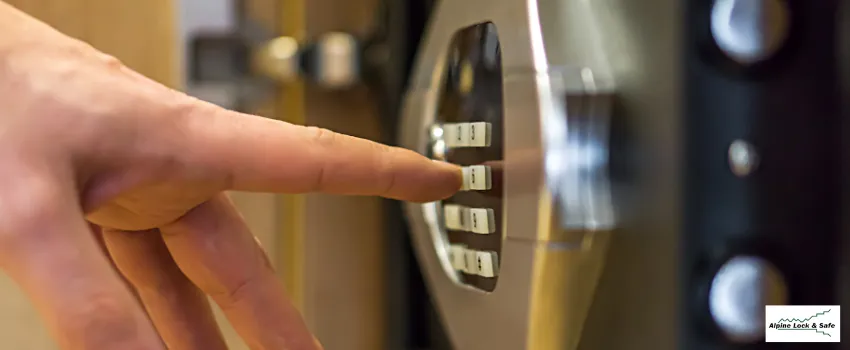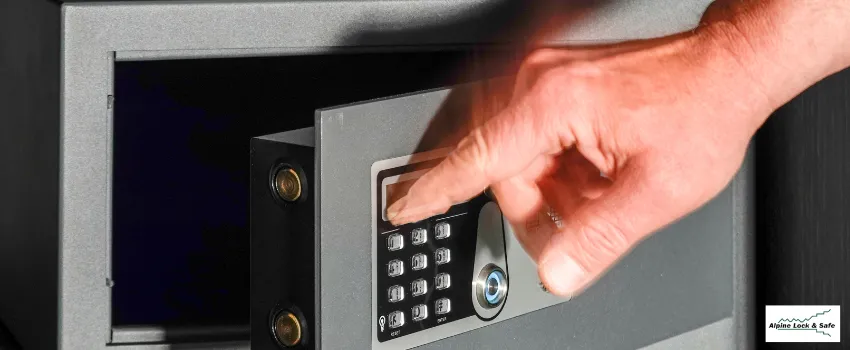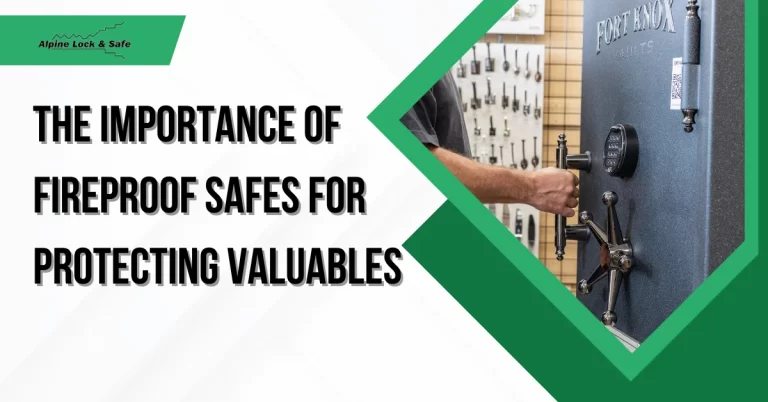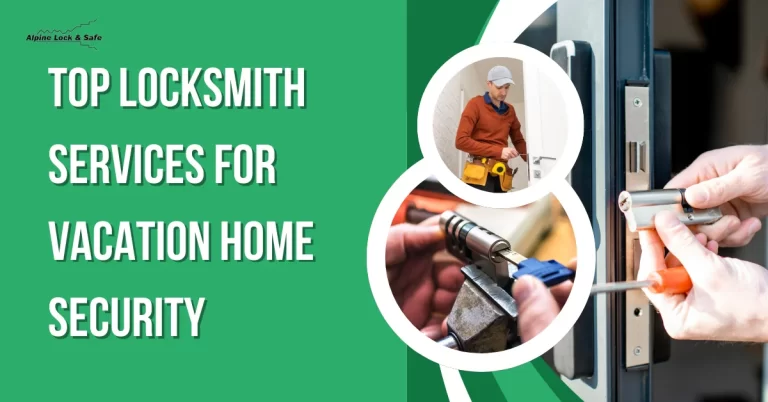When staying in a hotel, you want to feel safe and secure, just like in your home. You trust the hotel staff to take care of you and your belongings. But let’s face it – accidents and theft can happen anywhere, even in the most reputable establishments. That’s why many hotels offer in-room safes as an additional security measure.
Hotel safes are designed to provide guests with a secure place to store valuable items like cash, jewelry, passports, and electronics. Having a safe in your hotel room lets you enjoy peace of mind, knowing that your belongings are protected.
But, you might be wondering, do hotel safes work, and are hotel safes safe? Well, let’s dive deeper into the topic and explore why hotels have in-room safes.
Why do hotels have safes in the room?
Hotels have safes in the room for several reasons, including:
1. Security and convenience
The primary reason there are hotel room safes is to provide guests with an added layer of security. While hotels take measures to ensure the safety of their premises, including security cameras, trained staff, and secure entry systems, having a safe in the room allows guests to keep their valuables close and within their control.
2. Liability limitations
Hotels can limit their liability for any loss or theft of guest belongings by offering in-room safes. When guests use the provided safes, they enter into an agreement that transfers the security of their items from the hotel to themselves. However, it’s important to note that the extent of the hotel’s liability may vary.
3. Guest satisfaction
Hotels strive to provide a comfortable and worry-free experience for their guests. Having hotel safes is a value-added amenity that enhances guest satisfaction, giving them a sense of security and peace of mind during their stay.
4. Meeting guest expectations
Hotel room safes have become a standard feature in many hotels, especially those catering to business travelers and tourists. Guests often expect these security options when booking accommodations, and hotels that offer them can meet and exceed those expectations.
Are hotel safes safe?
Now, although hotels typically have effective measures of security, are hotel safes safe? Hotel safes are generally safe, but their security can vary depending on different factors.
1. Quality and construction
The safety of hotel room safes primarily depends on their quality and construction. Safes made of thick, durable materials, such as steel, provide a higher security level than those made of lighter materials.
2. Installation and anchoring
The way hotel safes are installed and anchored in a hotel room can significantly impact its security. Safes properly secured to a wall or floor are more difficult for thieves to remove and carry away.
3. Electronic safes vs. traditional key safes
There are two main hotel safes: electronic and traditional key safes.
- Electronic safes: Use a digital keypad to unlock and typically have a guest-selected PIN code. They offer the advantage of not requiring a physical key, reducing the risk of key loss or theft.
- Traditional key safes: Rely on a physical key for access. While these safes can be secure, there is a higher risk of unauthorized access if the key falls into the wrong hands or if previous guests duplicate the key.
4. Staff access and security protocols
The hotel’s security protocols and staff access policies can also impact the overall safety of the in-room safes. Hotels should have strict controls and procedures to ensure that only authorized personnel can access the safes.
5. Safe malfunction risks
Like any mechanical or electronic device, hotel safes can be prone to malfunctions. However, reputable hotels regularly maintain and inspect their safes to minimize the risk of technical issues.
6. Insurance coverage
The safety of using hotel room safes can also be influenced by guests’ insurance coverage for their valuables. It’s a good practice to check your insurance policy to see if it covers potential losses.
How do hotel safes work?
Exactly how do hotel safes work when it comes to proper utilization? Well, it usually depends on the kind of safe, but hotel safes generally work in the following way:
1. The guest sets a secure code or uses a key
The safe is typically open when you first arrive in your hotel room. You’ll be prompted to set a secure code on the safe’s digital keypad for electronic safes. For traditional key safes, you’ll be provided with a physical key.
2. The guest secures the safe
You must close and lock the safe after setting the code or using the key.
3. The guest enters the code or uses the key to unlock the safe
When you want to access your belongings, you’ll enter the code or use the key to unlock the safe.
4. The guest removes belongings and relocks the safe
Once the safe is unlocked, you can take out your belongings, and then, for security, you should relock the safe when you’re finished using it.
Can hotel staff open your safe?
In rare situations, hotel staff can open your safe. However, they will only do so under specific circumstances and with proper authorization.
1. Guest request
If you forget the code or lose the key to your safe, you can request assistance from the hotel staff. They will arrange for a security team or maintenance staff member to come and help you open the safe.
2. Security and legal requirements
Hotels may also open your safe without your consent if security or legal requirements exist. For example, if the hotel receives a search warrant or has a reasonable belief that the safe contains illegal items or threatens other guests’ safety.
3. Safe malfunction
In the event of a safe malfunction where you cannot open the safe, hotel staff may need to access it to retrieve your belongings.
4. Hotel policy
It’s important to note that each hotel has its own policies regarding guest safes. Some hotels may decline any responsibility for the loss of valuables, while others may offer limited compensation if there is evidence of forced entry.
5. Safe audit
Hotels may also open guest safes during routine security checks or audits to ensure proper functioning.
Conclusion
Having a safe in your hotel room provides an added sense of security and convenience during your stay. While the safety of your belongings is ultimately your responsibility, using a hotel safe can significantly reduce the risk of theft or loss.
Most importantly, remember to follow best practices for safeguarding your items, such as using the safe provided, securing it properly, and checking your insurance coverage for potential valuables.
Ensure maximum security for your belongings with Alpine Lock & Safe!
While we’re on the subject of security, it’s worth mentioning that you can never be too careful when protecting your valuables. If you’re looking for professional locksmith services to enhance the security of your home or business, look no further than Alpine Lock & Safe!
Don’t compromise on the safety of your property. Contact the best locksmith in Gypsum, CO today and enjoy the peace of mind that comes with quality security!







